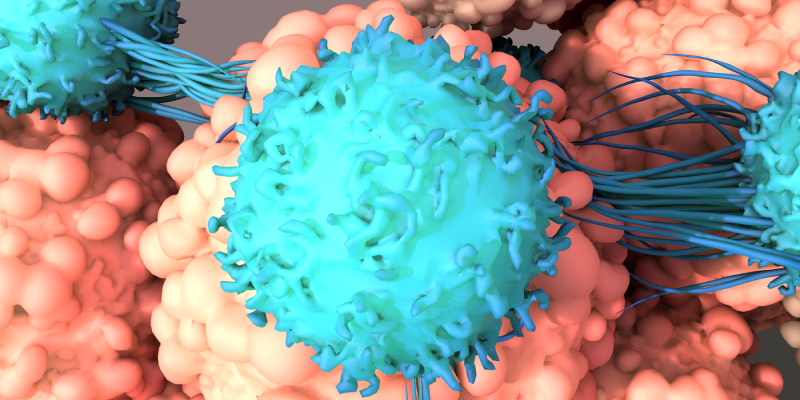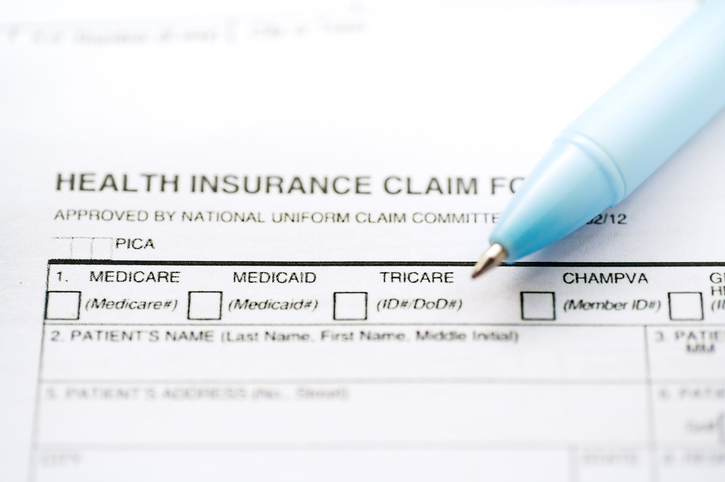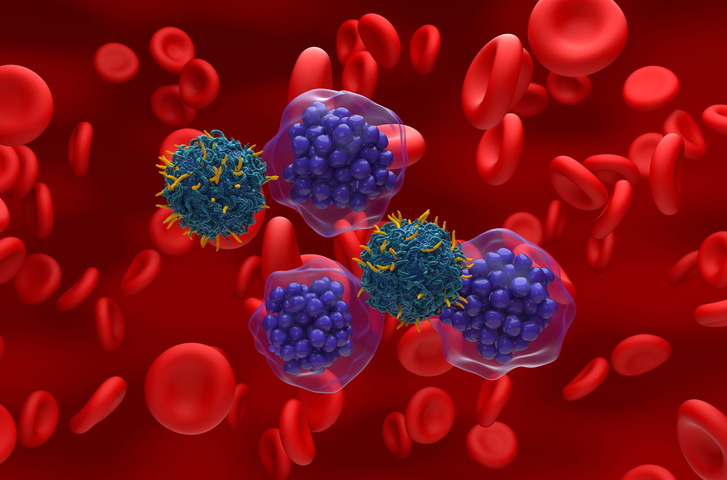
One-time liso-cel infusion demonstrated durable responses in a broad range of patients with relapsed or refractory large B-cell lymphoma (LBCL), according to a recent study.
Led by Jennifer Crombie, MD, of the Dana Farber Cancer Institute in Boston, the results are based on a postmarketing study that used data collected at the Center for International Blood and Marrow Transplant Research (CIBMTR). Dr. Crombie and colleagues aimed to evaluate the real-world clinical effectiveness and safety outcomes of liso-cel.
The noninterventional, observational, multicenter study evaluated 323 US patients with a broad age range (24-91 years) who received commercial liso-cel across more than 50 treatment cites. The study also included patients with high-risk features characteristic of poor prognosis, such as an International Prognostic Index (IPI) score of ≥ 3.
The median vein-to-vein time from leukapheresis to liso-cel infusion was 36 days. Patients had a median of three prior lines of therapy, and 25% of patients received more than four lines.
At a median follow-up of 7.4 months, the overall response rate (ORR) was 79%, and the complete response (CR) rate was 65%. The six-month duration of response (DOR) rate, progression-free survival (PFS), and overall survival (OS) were 73%, 64%, and 82%, respectively.
Researchers observed a low frequency of grade ≥ 3 cytokine release syndrome (CRS) and immune effector cell–associated neurotoxicity syndrome (ICANS), with CRS and ICANS occurring in 52% and 30% of patients, respectively.
“These results further support liso-cel as a therapeutic option with a favorable benefit/risk profile for a broad, real-world population of patients with R/R LBCL,” researchers concluded.
Reference
Crombie J, Nastoupil L, Andreadis C, et al. Multicenter, real-world study in patients with R/R large B-cell lymphoma (LBCL) who received lisocabtagene maraleucel (liso-cel) in the United States (US). Abstract #104. Presented at the 65th ASH Annual Meeting and Exposition; December 9-12, 2023; San Diego, California.






 © 2025 Mashup Media, LLC, a Formedics Property. All Rights Reserved.
© 2025 Mashup Media, LLC, a Formedics Property. All Rights Reserved.